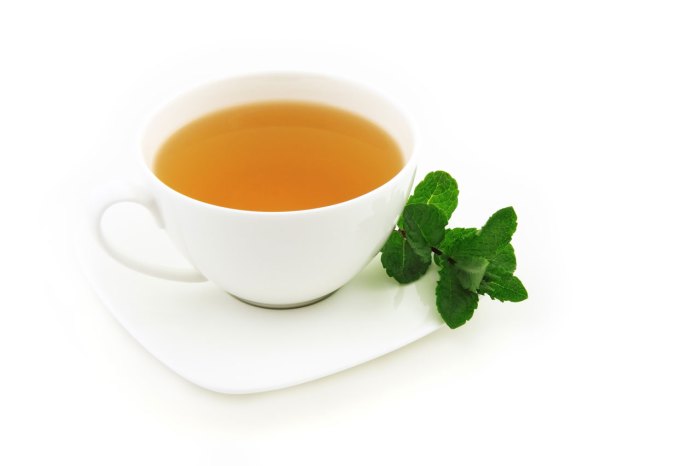Sometimes I can be a little slow to catch on.
For the past eight years or so I have started my working day with a lovely, hot mug of green tea at my desk.
What I have noticed over the last few months is that on the occasions that I’ve had a good night’s sleep and have arrived in to the office feeling fresh and bright it’s not long before cobwebs have started to form around my head and I’ve started to feel a bit dozy.
I put this down to the office atmosphere (computers humming, aircon system pumping (or not as is the case in our office), lack of fresh air coming in) or maybe just the feeling of freshness naturally giving way to a general slump in my mood.

That was until I discovered that green tea contains l-theanine. This is an amino acid which promotes relaxation.
Hmmm interesting…so I did a little bit more research.
This lead me to find this very interesting piece on Yahoo answers which suggests that the temperature of the beverage is a more important factor than l-theanine.
As mentioned, tea contains many different chemical compounds beyond caffeine. Theanine, which is present in tea, does indeed seem to increase GABA production (the neurotransmitter involved in the sedative effects of alcohol and drugs like valium).
However, the amount of both theanine and caffeine, in tea, are relatively low. The caffeine concentration is typically a fraction of that of coffee.
With that said, the temperature of the beverage may well play a bigger role. You’ll ingest the drink at 100+ degrees F, easily above your body temperature. When you eat and drink, blood concentrates around your digestive organs (aka, your “gut” or “viscera”) to absorb nutrients.
You therefore have less blood in your brain and central nervous system, which is why you often feel tired after a big meal. In addition, your blood is absorbing large quantities of heat. Water carries massive amounts of heat very effectively.
Because your body needs to stay at precisely 98.6 degrees, it responds by slowing your metabolism (heat production). This compounds the “relaxed” feel.